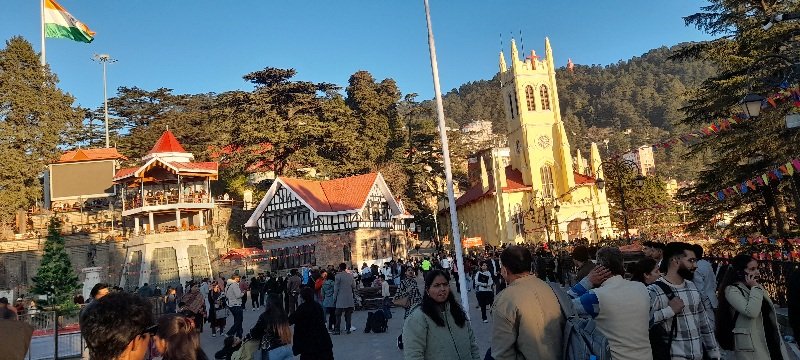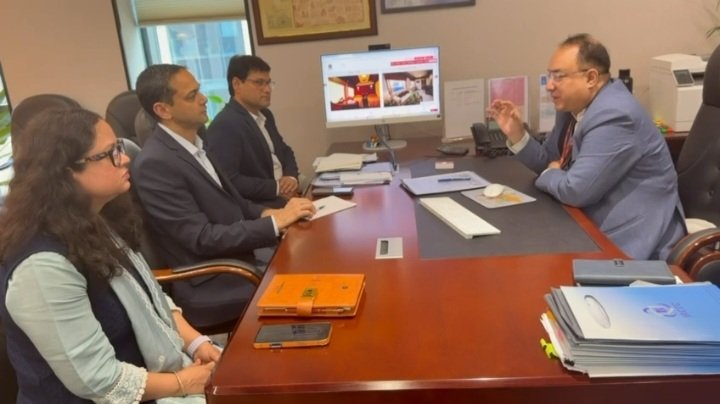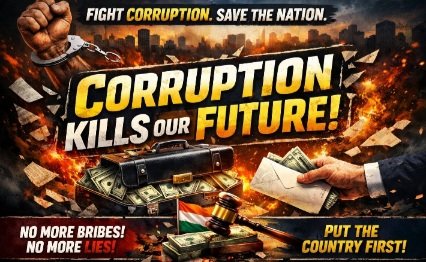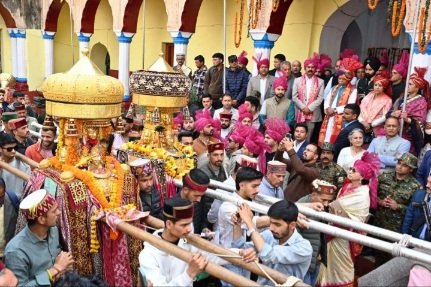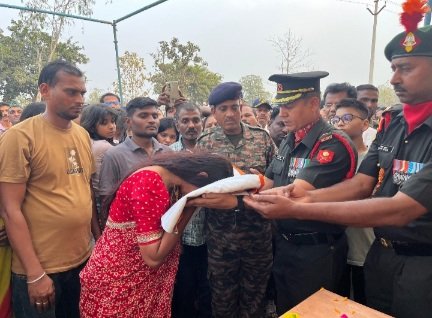Giving his tips on development of cities while speaking virtually from Delhi at the All-India Conclave of Mayors at Kashi, the ancient pilgrimage city in his home Lok Sabha constituency, Prime Minister said:
“The street vendors are backbone of the city life and economy and they should be made integral part of the city planning. No one in the city can do without them as they provide essentials from sabji to rewris and from fruits to other goods and small services at the door steps of the street daily”.
The street vendors get money from moneylenders to run their ‘redhis’, they go from place to place hawking and selling their goods. “No one can live without them. Coronavirus has taught us this. Mayors and residents must care for, help them sell their products. They should fix January 26 as a deadline for street venders to open bank accounts to go digital as it will help them to get almost interest free loans from banks that will improve their economy, he said.
He said Mayors will exchange their ideas at the Conclave learning from each other the good things they have done in their cities. For example, in Banaras we have preserved the ancient city character and heritage, revamped it to make it modern and vibrant by using craftsmanship and technology, he said
Since most of the cities in India are old and have their unique ancient character, these must be protected and preserved while modernising them, said Prime Minister, whose speech is also available on social media platform.
As the cities have become the driver of economic activities, Mayors must seek to contribute to city development so that the residents take a leaf out of that remembering Mayor’s contribution in days to come. They must identify its unique products or spots or stream, rivers, corners, or it could be any street with its specialities that can be made its “identity” for tourists, he said.
Prime Minister gave example of UP, which is promoting “one district, one product” to give unique identity to each city or place. “I see this in many angles, Banaras is an ancient city with now modern look, it can be a road map for the rest of cities in India, I want to learn from Mayors as to what further I can do to improve it”, Modi said.
“Most cities in India are old and we can learn from them and new methods, local craftsmen, local products can be promoted in such a way to carve out an identity for each of them”, he said.
He urged Mayors to gauge their cities in this perspective, come out with a new blueprint. It is evolution of city, not revolution that needs prominence- we have to do their ‘Kaya kalp’ that is, protect ancient to promote modern.
Talking about Swachh Survekshan survey, Prime Minister said there are cities which have made their place in India, but those left behind after making some efforts, should strive to do better next time.
Those who are not doing anything, should be exposed among the city residents so that they mount pressure forcing Mayors to do better, citing examples of better-performing cities.
For instance, Mayors can go for “Beautiful Ward” contest, fixing various parameters to make councillors more competent. This will act as a big change maker in the city.
He cited example of Azadi Ka Amrut Mahotsav that can be made another game change in the city. “You can find out local freedom fighter, a famous folksinger, songs, centre where some big personality had come and the like to make it a centre of attraction”.
The cities located on the bank of the river can focus on its cleanliness. They can disband single-use plastic, instead encourage use of paper bags.
Giving example of Holy Ganga in Kashi that boosts economy, Prime Minister said the waste management is becoming a model. Many cities are doing it. We can use the waste water and wastes, converting the wastes into wealth.
The cities should be Swachh as well Swasth. From kitchen waste to street waste, Surat is treating its sewerage water and is selling it to the industry adding to its income.
Mayor with the help of residents can trace out history of the city and can go for celebration of its Birthday. "Mera Shahar kaisa ho", each resident can be made its stakeholder. LED bulbs in each street, for example will decrease energy bill and improve lighting and every household should be given LED bulbs. These are small things, but they matter and can make a difference, he said.
The cities are growing and have been pushed to limits. In Surat, we have flyovers after few kms. We are developing metro transport system, he said.
Dibyang Jan (specially abled people) must be considered how they can benefit from new road, public toilets, new transport system, buses and other new projects. City is the driver of economy, identify the areas that can be developed into a economic hub, where entrepreneurs can invest and workers can live, he said.
Giving example of Sardar Patel, who started his career in the city, Modi said Mayors can use the platform for development of their political careers.
(Kuldeep Chauhan, Editor and Publisher, HimbuMail)





